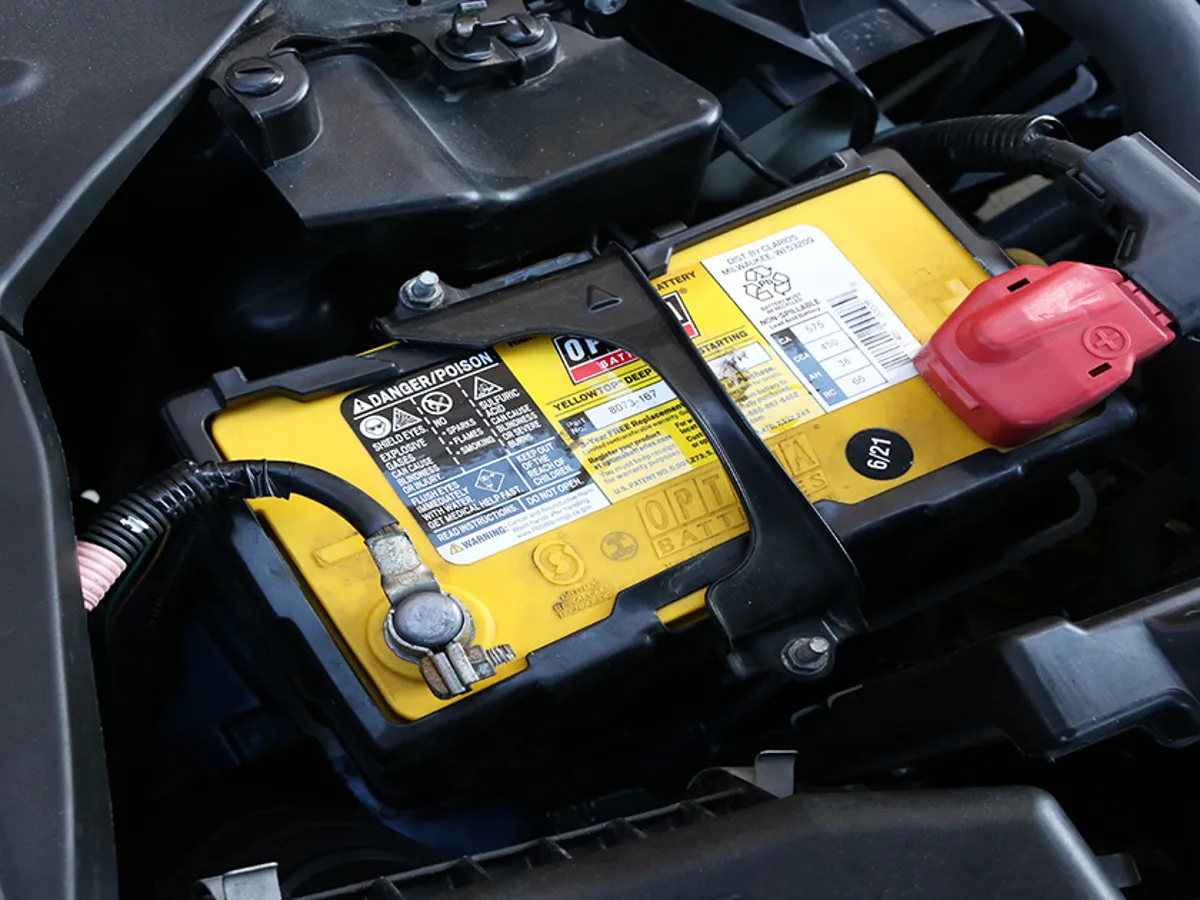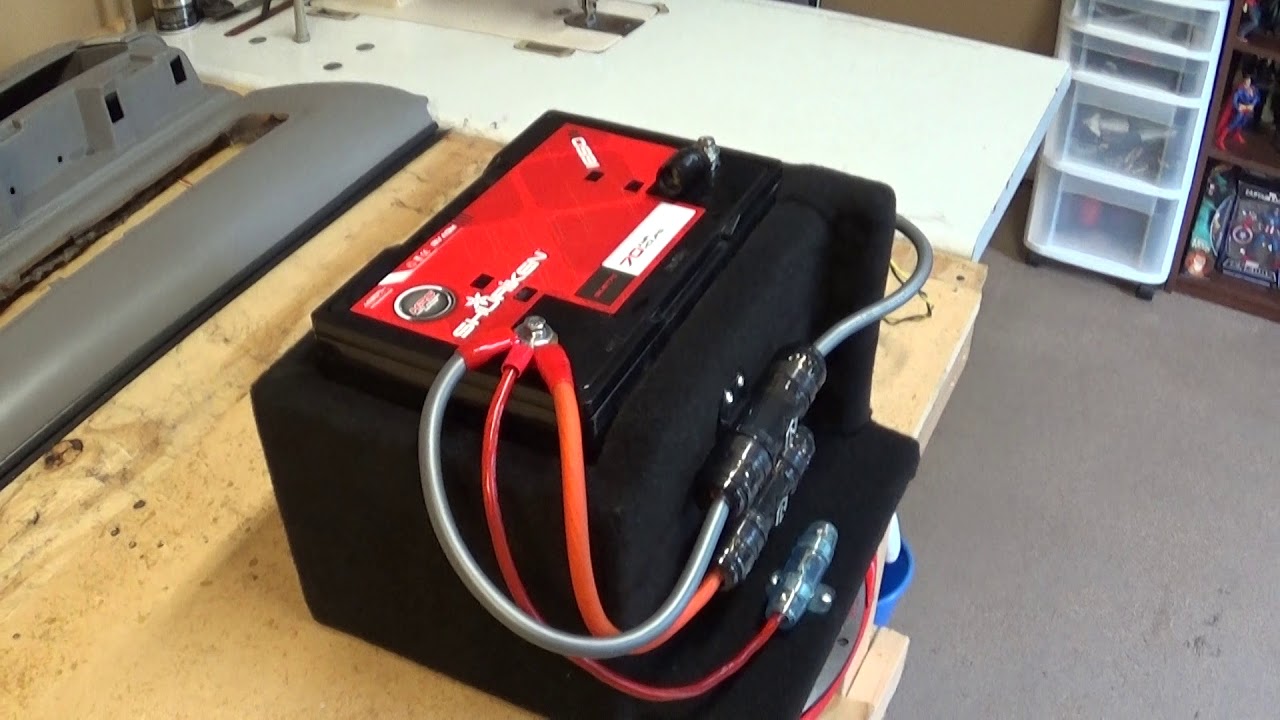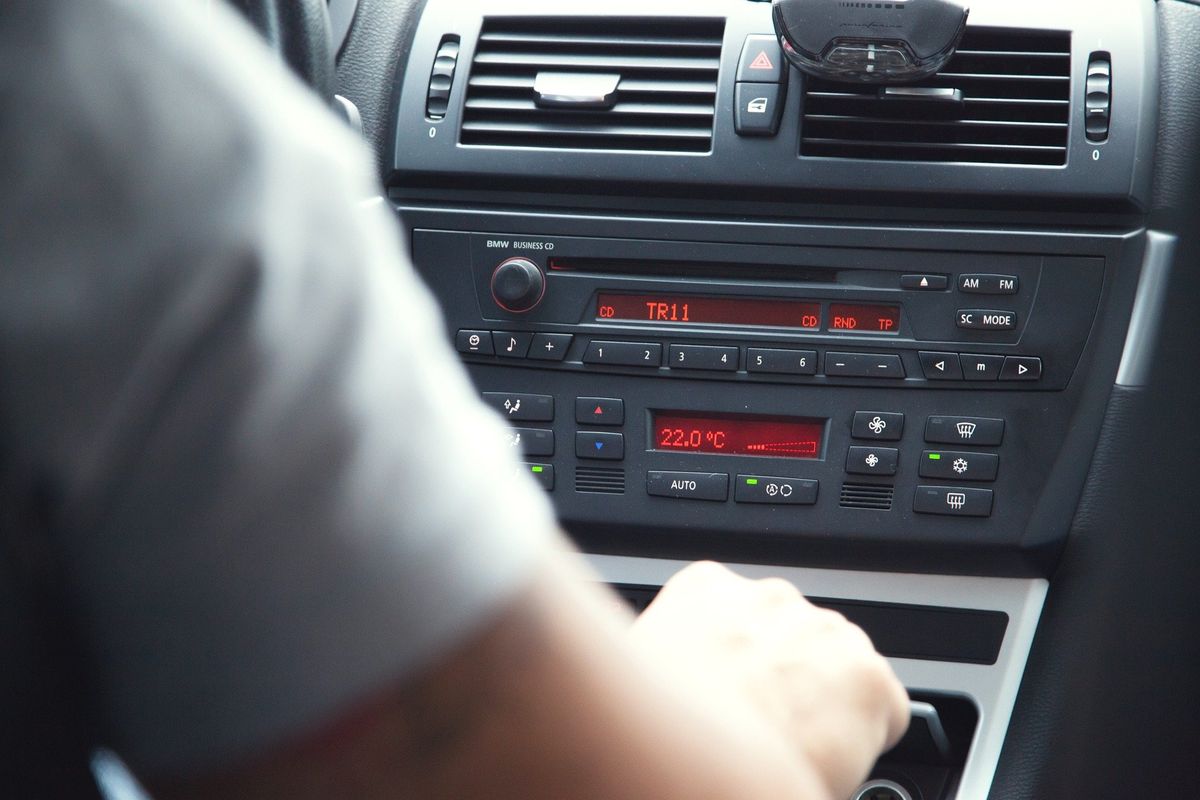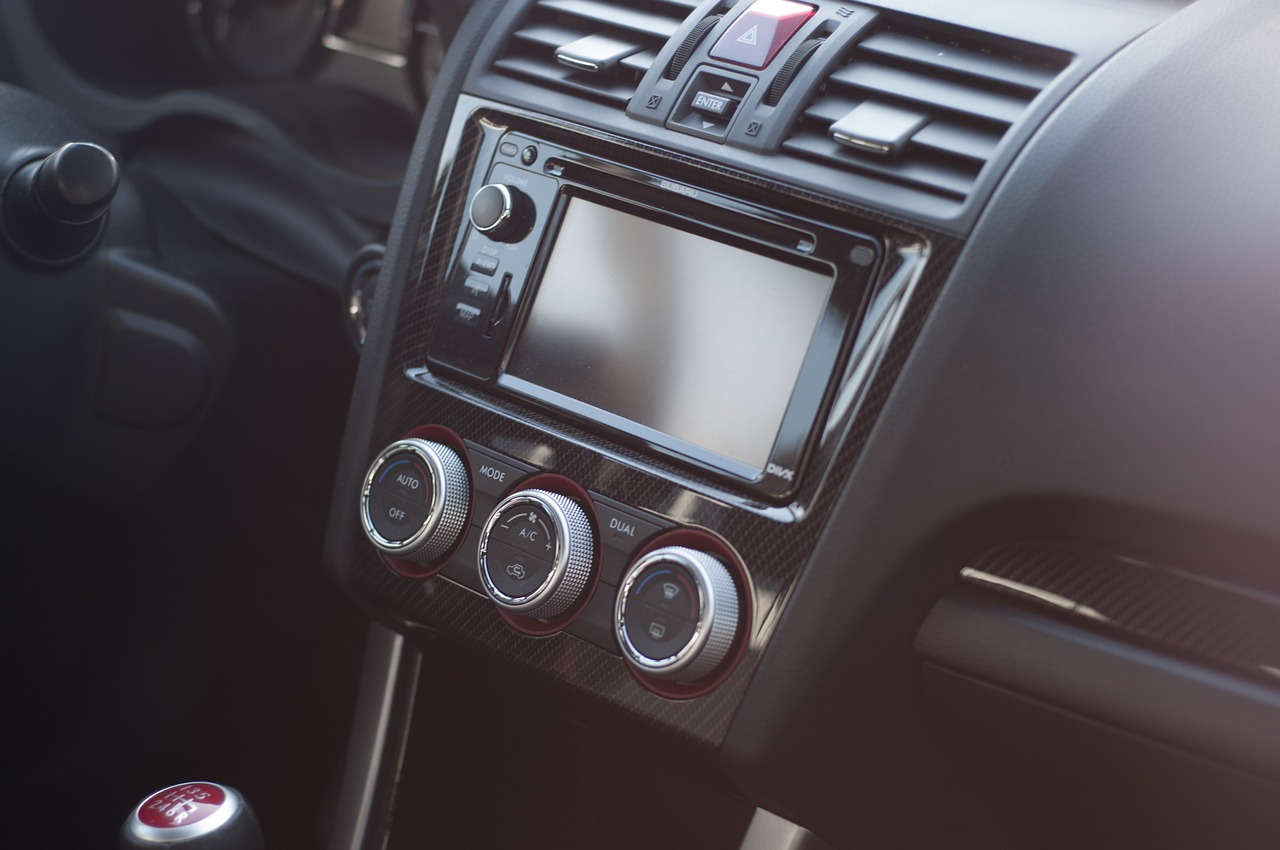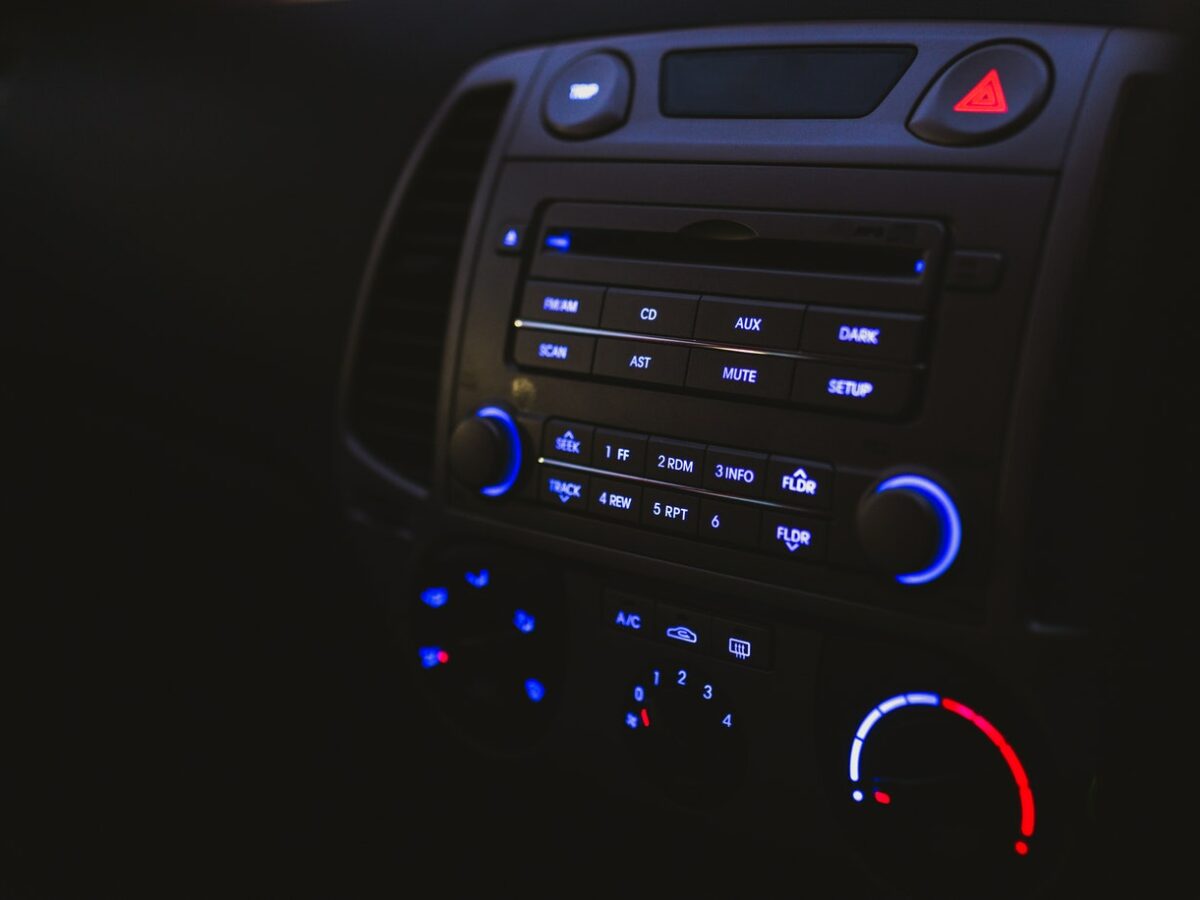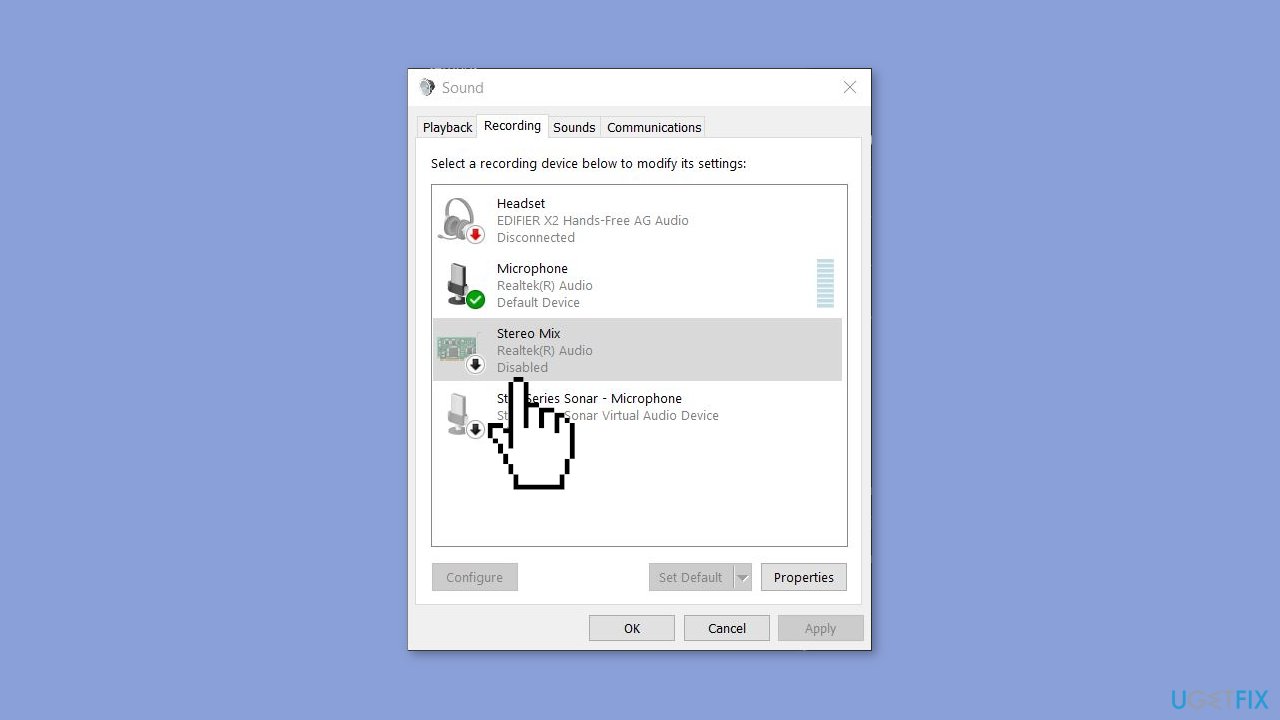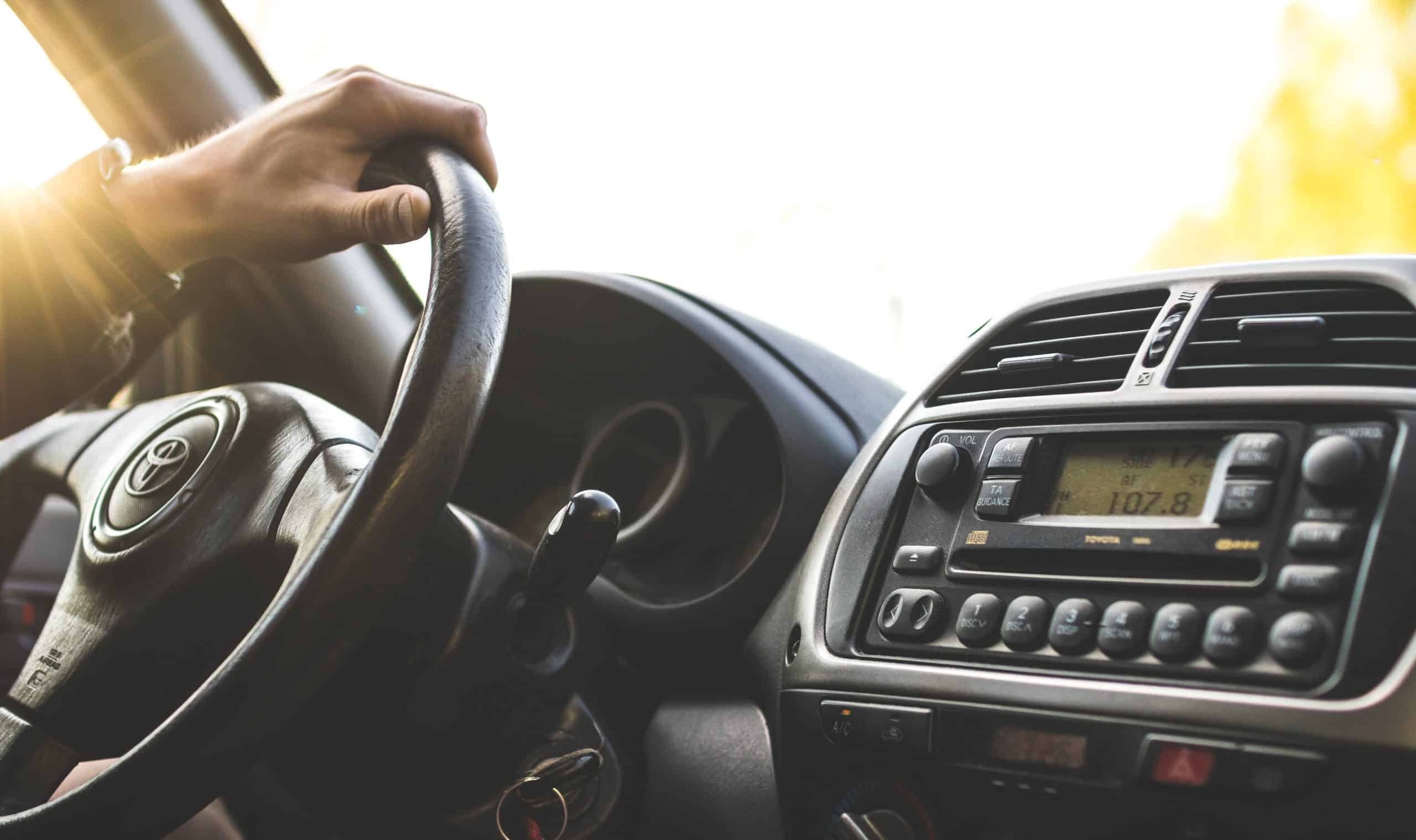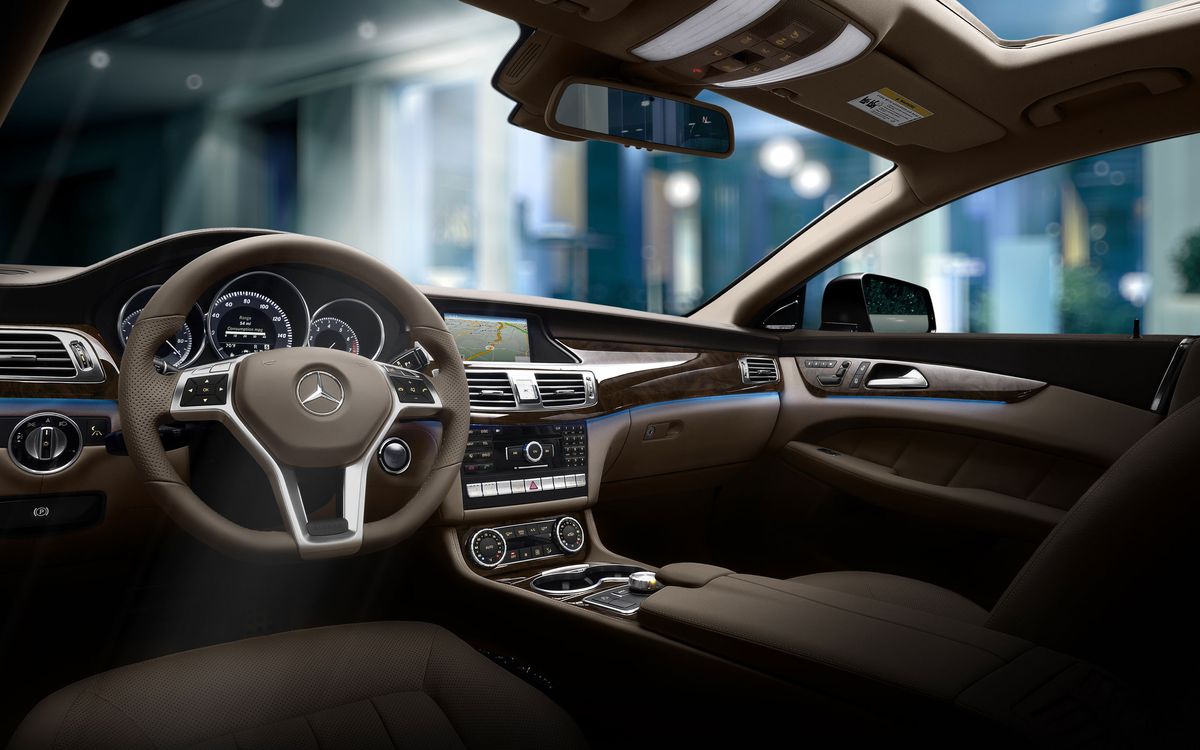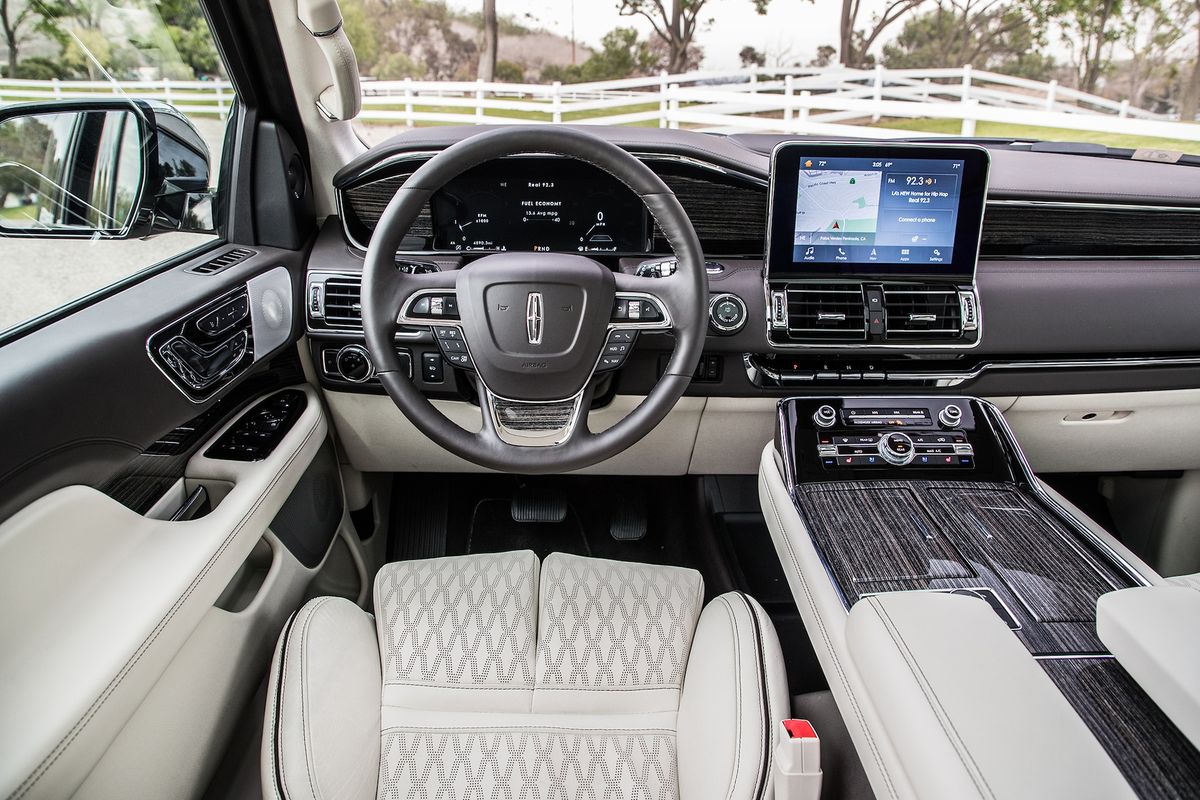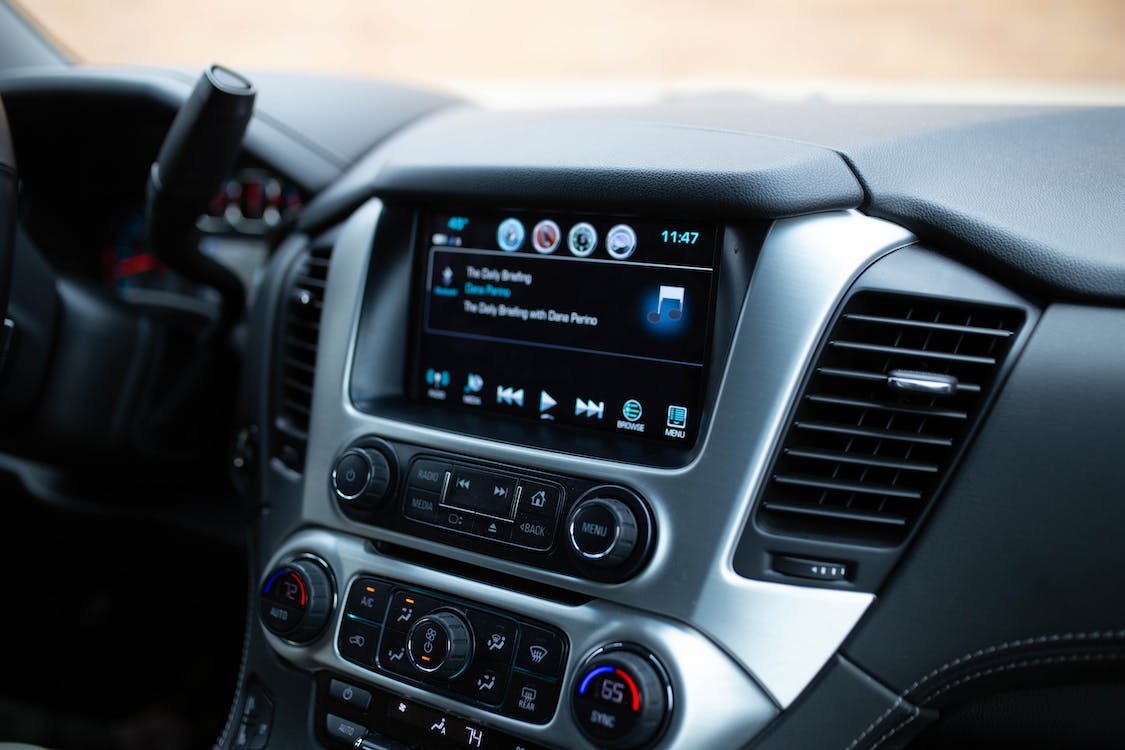Home>Production & Technology>Stereo>Car Stereo Draining Battery When Off
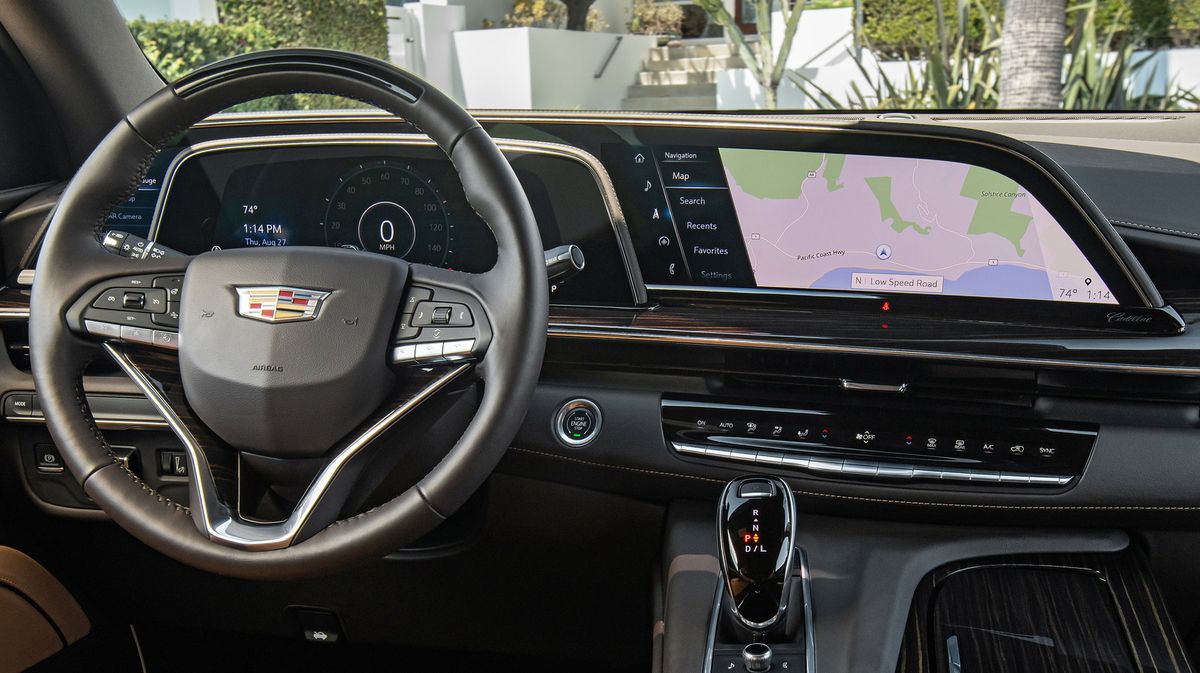

Stereo
Car Stereo Draining Battery When Off
Modified: January 22, 2024
Avoid battery drainage caused by your car stereo when not in use. Learn how to properly troubleshoot and fix stereo-related issues with our expert tips.
(Many of the links in this article redirect to a specific reviewed product. Your purchase of these products through affiliate links helps to generate commission for AudioLover.com, at no extra cost. Learn more)
Table of Contents
Introduction
When it comes to enjoying music while on the road, a car stereo is an essential component of any vehicle. Whether you’re rocking out to your favorite tunes or relying on GPS navigation, your car stereo plays a vital role in enhancing your driving experience. However, it can be frustrating to discover that your car’s battery is being drained when the stereo is turned off. This unexpected battery drain can lead to various inconveniences, such as difficulty starting your car or needing a jump-start.
In this article, we’ll explore the reasons behind car stereo battery drain and provide you with helpful tips on how to prevent it. Understanding the power consumption of your car stereo and implementing the right measures will not only save you from the annoyance of a drained battery but also prolong the overall lifespan of your vehicle’s electrical system.
So, if you’ve ever wondered why your car stereo is draining your battery when it’s not in use, read on to uncover the common causes and find out how you can tackle this issue head-on.
Understanding Car Stereo Power Consumption
Before diving into the reasons behind car stereo battery drain, it’s important to have a basic understanding of how a car stereo system consumes power. A typical car stereo is composed of several components, including the head unit, amplifier, speakers, and various auxiliary devices like USB ports and Bluetooth modules. Each of these components requires a certain amount of electrical power to operate efficiently.
The head unit, also known as the car radio or receiver, is the control center of the car stereo system. It is responsible for reading media sources such as CDs, USB drives, or streaming audio via Bluetooth. The head unit also powers the amplifier, which amplifies the audio signals and delivers them to the speakers. Additionally, newer car stereo systems often come with features like touchscreen displays, GPS navigation, and connectivity options, all of which demand electrical power.
While car stereo power consumption may vary depending on the make and model, it is important to note that the power consumption is not solely limited to when the stereo is actively playing music. Even when the car stereo is turned off, some components may remain in a standby mode, consuming a small amount of power. These components include the clock function, memory settings, and remote control receivers. The power consumption of these standby components is usually minimal, but over time, it can lead to battery drain if not accounted for.
It’s worth mentioning that the power consumption of a car stereo system can also be influenced by external factors such as the quality of electrical connections, battery health, and the overall efficiency of the audio system itself. Improper installation, loose wiring, or faulty components can contribute to higher power draw and increased battery consumption.
By understanding the power consumption of your car stereo system, you can better identify the potential reasons behind battery drain and take appropriate measures to mitigate the issue. In the following sections, we will delve into the common causes of car stereo battery drain and explore ways to prevent it.
Common Reasons Car Stereos Drain Batteries
There are several common reasons why car stereos can drain your vehicle’s battery even when they’re turned off. By being aware of these causes, you can troubleshoot the issue and prevent unnecessary battery drain. Let’s take a closer look at some of the most common culprits:
- Parasitic Drain: This occurs when certain components of the car stereo system continue to draw power even when the ignition is turned off. As mentioned earlier, standby features like the clock, memory settings, or remote control receivers can contribute to parasitic drain. The power consumption from these components may be minimal individually, but when combined, they can drain the battery over an extended period of time.
- Improper Wiring: Incorrectly installed or loose wiring can cause increased power draw and lead to battery drain. If the wiring is not properly connected or if there are damaged wires, it can result in an inefficient electrical connection, causing the stereo system to consume more power than necessary.
- Old or Faulty Battery: A weak or aging battery may not hold a charge effectively, leading to faster battery drain. If your car’s battery is nearing the end of its lifespan, it may struggle to provide the necessary power to the stereo system, resulting in increased power consumption.
- Amplifier Overload: If the car stereo system is equipped with a powerful amplifier, it can put a strain on the battery. High-powered amplifiers draw more current from the battery, which can lead to quicker battery drain, especially if the volume is set at high levels for extended periods.
- Aftermarket Installations: If you have recently installed aftermarket accessories, such as auxiliary devices or hands-free kits, they may be wired incorrectly or may not integrate well with the car’s electrical system. These installations can cause power consumption issues and contribute to battery drain.
Identifying the specific reason behind your car stereo’s battery drain is crucial in order to address the issue effectively. In the next section, we will discuss some preventive measures you can take to minimize battery drain caused by your car stereo system.
Preventing Car Stereo Battery Drain
To prevent your car stereo from draining the battery when it’s not in use, there are several proactive steps you can take. By implementing these measures, you can enjoy your car stereo without worrying about unexpected battery drain. Here are some effective preventive measures:
- Turn Off the Stereo: This may seem obvious, but it’s essential to make sure that you turn off the car stereo completely when you’re not using it. Avoid leaving it in a standby or accessory mode, as this can contribute to parasitic drain over time. Make it a habit to power off the stereo before leaving the vehicle.
- Check for Loose Wiring: Periodically inspect the wiring connections of your car stereo system. Ensure that all connections are secure and free from corrosion or damage. Loose or faulty wiring can cause increased power draw and lead to battery drain. Consider getting professional assistance if you’re unsure about the wiring.
- Upgrade to a High-Efficiency Unit: Consider upgrading your car stereo unit to a more energy-efficient model. Newer models often come with advanced features and power-saving technologies that consume less power when in standby mode. These units are designed to minimize battery drain, especially when the stereo is not actively playing music.
- Use a Battery Disconnect Switch: Installing a battery disconnect switch is an effective way to completely cut off power flow from the battery to the car stereo system. This switch can be easily turned off when the vehicle is parked for an extended period, preventing any potential battery drain caused by standby features.
- Invest in a Battery Charger/Maintainer: If you frequently leave your car parked for long periods or have a secondary vehicle that is not used regularly, investing in a battery charger or maintainer can help ensure that your car’s battery remains charged. These devices supply a constant trickle charge to the battery, preventing it from draining excessively.
- Consult a Professional: If you’re experiencing persistent battery drain issues despite implementing these preventive measures, it’s recommended to consult a professional car audio technician. They can diagnose any underlying problems, such as faulty components or improper installations, and provide the necessary solutions to prevent battery drain.
By following these preventive measures, you can significantly reduce the chances of your car stereo draining the battery when it’s not in use. Taking proactive steps to minimize power consumption will not only save you from the inconvenience of a dead battery but also extend the lifespan of your car’s electrical system.
Additional Tips and Considerations
In addition to the preventive measures mentioned earlier, there are a few more tips and considerations to keep in mind when dealing with car stereo battery drain. These additional steps can further optimize the power consumption of your car stereo system. Here are some helpful tips:
- Avoid Leaving USB Devices Plugged In: USB devices, such as smartphones or portable music players, can draw power from the car stereo even when it’s turned off. To prevent unnecessary drain, unplug these devices when not in use.
- Manage Equalizer and Sound Settings: Car stereos often come with equalizer and sound settings that can impact power consumption. Adjust them to optimal levels and avoid excessively boosting certain frequencies, as this can increase the power draw of the amplifier.
- Disconnect Bluetooth Connections: If your car stereo is equipped with Bluetooth connectivity, disconnecting Bluetooth connections when not in use can help prevent unnecessary power consumption.
- Consider a Capacitor: Installing a capacitor in your car stereo system can help stabilize voltage levels, especially during high-demand situations. This can reduce strain on the battery and prevent sudden voltage drops that can lead to battery drain.
- Regularly Inspect and Maintain Battery Health: Keeping your car’s battery in good health is crucial for preventing battery drain. Regularly inspect the battery for signs of corrosion or damage, and ensure that it is properly charged and functioning optimally.
- Opt for Professional Installation: If you’re installing a new car stereo system or making any modifications, it’s recommended to opt for professional installation. Professional installers have the expertise to ensure proper wiring and minimize the risk of power consumption issues and battery drain.
By following these additional tips and considering these factors, you can further enhance the efficiency of your car stereo system and reduce the chances of battery drain. Remember, each vehicle and car stereo setup is unique, so it’s important to experiment and implement the measures that work best for your specific situation.
Conclusion
Dealing with car stereo battery drain can be a frustrating experience, but with the right knowledge and preventive measures, you can effectively minimize this issue. Understanding the power consumption of your car stereo system and identifying common causes of battery drain is the first step towards finding a solution.
By turning off the stereo when not in use, checking for loose wiring, and considering upgrades to more energy-efficient units, you can significantly reduce the chances of battery drain. Utilizing battery disconnect switches, battery chargers/maintainers, and consulting professionals when needed are also valuable strategies to prevent battery drain caused by car stereos.
Remember to manage the use of USB devices, adjust sound settings, and consider adding a capacitor to stabilize voltage levels. Regularly inspecting and maintaining battery health is crucial to ensuring optimal performance and preventing unexpected drain.
Overall, a proactive approach to managing car stereo power consumption can save you from the inconvenience of a dead battery and extend the lifespan of your vehicle’s electrical system.
By following the tips, precautions, and considerations outlined in this article, you can enjoy your car stereo system without worrying about drained batteries when it’s not in use. So, take the necessary steps to prevent car stereo battery drain, and enjoy uninterrupted music and navigation on your journeys!

